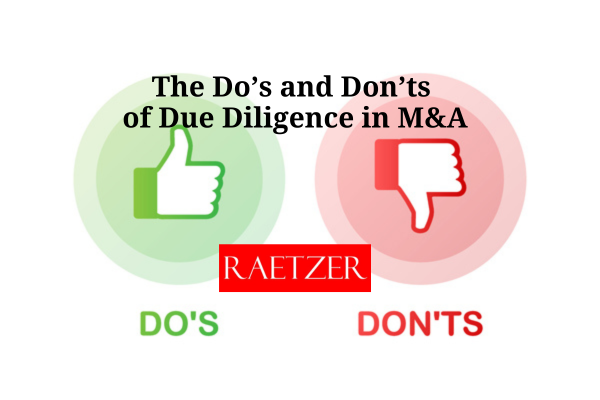When buying or selling a small business, it can be tempting to skip hiring a lawyer and rely on templates or simple agreements. However, we strongly advise against this. Even in small transactions under $100 million, the stakes are high: sellers want a fair return without lingering legal issues, and buyers need to protect their investment. A properly drafted purchase agreement is essential, as small business sales involve many moving parts. Here are some common pitfalls with overly simplified purchase agreements:
1. No Clear Distinction Between Asset Sale and Stock Sale
In many simple agreements, there’s no clear indication of whether the sale includes the business’s assets or the stock in the entity that owns the business. This distinction is critical: buying a company’s stock means taking on all its rights and obligations, which can be risky if you’re not fully aware of those obligations. To avoid this, many buyers prefer to purchase just the assets of the business (e.g., furniture, accounts, trademarks, client lists), enabling them to continue operations without assuming all liabilities.
2. Poor Identification of Assets to Be Sold
Vague references to “all the assets” without further details can lead to disputes later on. The agreement should clearly define the “Purchased Assets” and specify any “Excluded Assets,” like cash or bank accounts, which typically remain with the seller. A common mistake is referring to “assets listed in Exhibit A” without including Exhibit A in the final agreement.
3. Overlooking the Need for Landlord’s Consent
If the business includes a leased location, you must review the lease and ensure the landlord consents to the lease transfer. Without this consent as a condition of sale, you could end up with the assets but no business location. Additionally, clarify who receives credit for the security deposit held by the landlord; it’s often refunded to the seller at closing unless agreed otherwise.
4. Insufficient Representations and Warranties
The agreement should include warranties regarding the assets. Avoid terms like “as is.” At a minimum, the seller should confirm that tangible assets are free of liens, in good condition, and that all associated contracts are valid and enforceable.
5. Undefined Closing Deliveries
The closing is the formal transfer day when the agreement is finalized. The agreement should detail what each party must deliver at closing. Buyers might require the full purchase payment, a promissory note for installments, and assignment agreements for any transferred contracts. Sellers might need to provide a bill of sale, landlord consent for lease transfer, and executed copies of other relevant agreements.
Bottom Line
Selling or buying a business without legal guidance can lead to costly mistakes. A well-crafted purchase agreement, tailored to your specific transaction, is vital. A template simply won’t do.




